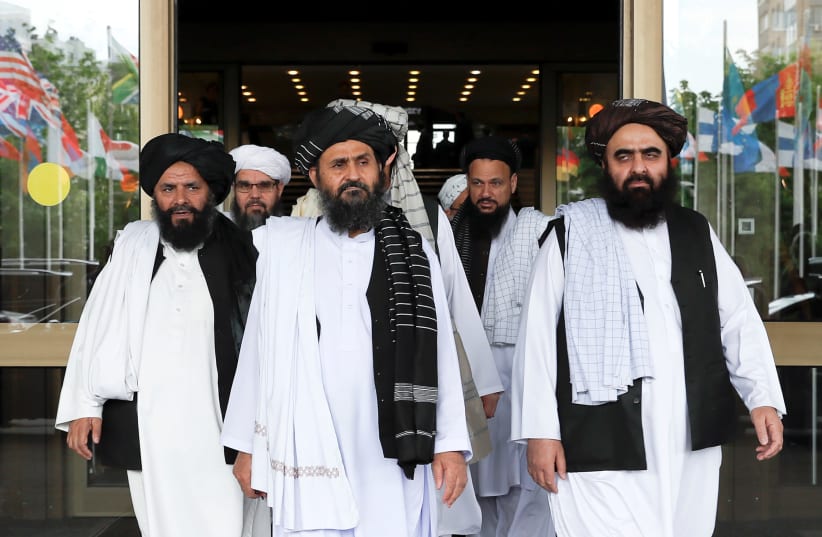It was however not known if the Taliban and the U.S. official would meet.
The Taliban delegation will be led by Mullah Abdul Ghani Baradar, to discuss "important issues" with Pakistani officials in the capital, Islamabad, Taliban spokesman Suhail Shaheen said on Twitter.
Baradar, one of the group's founders, was making his first known visit to Pakistan since he was released a year ago from a Pakistani jail.
He later assumed the role of the Taliban's chief negotiator with the United States on a withdrawal of American troops from Afghanistan.
Baradar, who previously coordinated the group's military operations in southern Afghanistan, was arrested in 2010 by a team from Pakistani and U.S. intelligence agencies.
The Taliban visit, the latest stop on a tour of regional powers, comes after efforts by the militants and the United States to reach a deal allowing for the withdrawal of U.S.-led foreign forces broke down last month.
The top U.S. negotiator in the talks, Special Representative for Afghanistan Zalmay Khalilzad, met Pakistani counterparts in Islamabad this week, following discussions between U.S. President Donald Trump and Pakistani Prime Minister Imran Khan in the United States the previous week.
"These consultations follow discussions held between the United States and Pakistan during the United Nations General Assembly in New York last week," said a spokesman for the U.S. Embassy in Islamabad via email.
The spokesman did not say if Khalilzad was still in Pakistan on Wednesday or if he planned to meet the Taliban officials.
The United States has long considered Pakistani cooperation as crucial to efforts to end war in Afghanistan.
Trump last month halted the talks with the Taliban aimed at striking a deal for U.S. and other foreign troops to withdraw in exchange for Taliban security guarantees, following the death of a U.S. solder and 11 others in a Taliban bomb attack in Kabul.
The Taliban delegation would inform Pakistan's leadership of the factors that derailed the talks, said a Taliban official, who declined to be identified.
PROGRESS ON PEACE?
The U.S. and Taliban said last month, shortly before talks broke off, that they were close to reaching a deal, despite concern among some U.S. security officials and within the Afghan government that a U.S. withdrawal could plunge the country into even more conflict and open the way for a resurgence of Islamist militant factions.
The Taliban also planned to follow up on Khan's recent comments, that he would try to convince Trump to resume the talks, the Taliban official said.
A government source in Pakistan told Reuters the Taliban would arrive on Wednesday evening and meet Khan.
Sediq Sediqqi, a spokesman for Afghan President Ashraf Ghani, said on Twitter that the Afghan government should be involved in any peace process.
"No progress will be imminent if a peace process is not owned and led by the Afghan government," he said.
The Taliban have refused to negotiate with the Afghan government, dismissing it as a U.S. puppet.
Taliban officials have in recent days visited Russia, China and Iran.
Pakistan supported the Taliban from the group's founding in the midst of Afghanistan's civil war in the early 1990s.
The United States and the U.S.-backed Afghan government have for years suspected Pakistan has maintained its support for the militants, as a tool to block the spread of Indian influence in Afghanistan, despite Pakistani denials.
